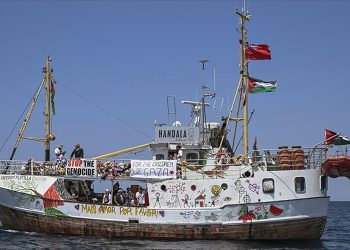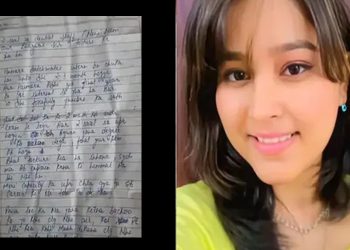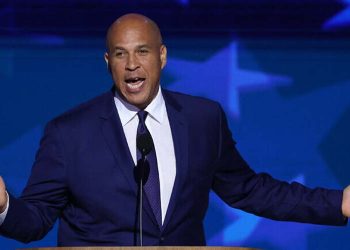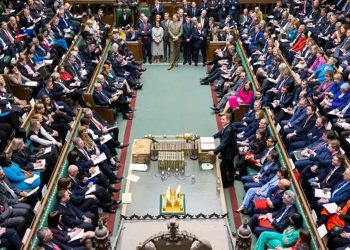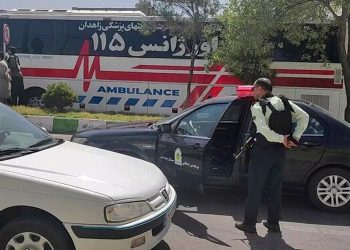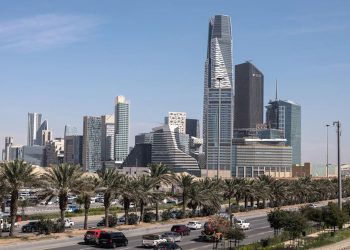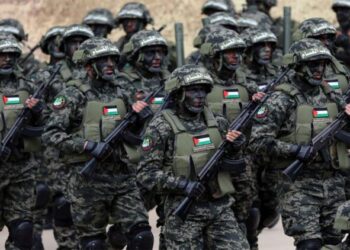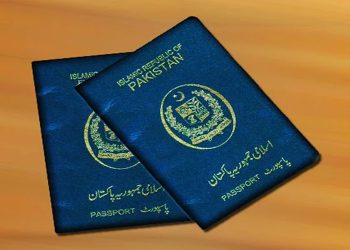NEW YORK: Britain has called for the UN Security Council to meet on Friday as security forces in Myanmar have steadily stepped up their use of violence against anti-coup demonstrators.
Authorities fired live rounds and tear gas at protesters again on Tuesday, leaving at least three people critically injured as international pressure has grown since the military’s ouster of civilian leader Aung San Suu Kyi. The UN meeting would be behind closed doors under London’s proposal as were the council’s discussions a day after the coup.
Soldiers and police have steadily stepped up their use of force, deploying tear gas, water cannons, rubber bullets and, increasingly, live rounds after weeks of mass protests. Sunday was the bloodiest day since the military takeover, with the United Nations saying at least 18 protesters were killed across the country. AFP independently confirmed 11 deaths.
Another rally turned violent on Tuesday in the northwestern town of Kale, where security forces opened fire on protesters. Police had initially deployed tear gas and rubber bullets before doubling back with live rounds, he added.
As the violence escalates, Myanmar’s military junta and the envoy sent by its toppled civilian government have launched contradictory claims over who represents the country at the United Nations.
Ambassador Kyaw Moe Tun spectacularly broke with the military before the General Assembly in an emotional plea for help to restore ousted civilian leadership, which prompted the junta to announce his removal.
Both he and the junta now claim to represent the country at the body, with the UN saying it is evaluating what action to take on the competing claims.
“We will continue to oppose the military coup and we will continue to support the restoration of Burma’s democratically elected civilian government,” the US State Department spokesman said.
The bloodshed on the ground in Myanmar came on the same day as a funeral in the commercial capital of Yangon for a student who died on Sunday. Protests also continued in several neighbourhoods of Yangon on Tuesday, with demonstrators wearing hard hats and wielding improvised home-made shields.
More than 1,200 people have been arrested, charged and sentenced since the coup, according to the Assistance Association for Political Prisoners monitoring group, of which about 900 are still behind bars.
The real number is likely far higher as state-run media reported that on Sunday alone more than 1,300 people were arrested. It said that 511 people in detention had been released in Yangon. Reporters Without Borders says at least 10 journalists are in jail and 26 have been arrested since the coup.









